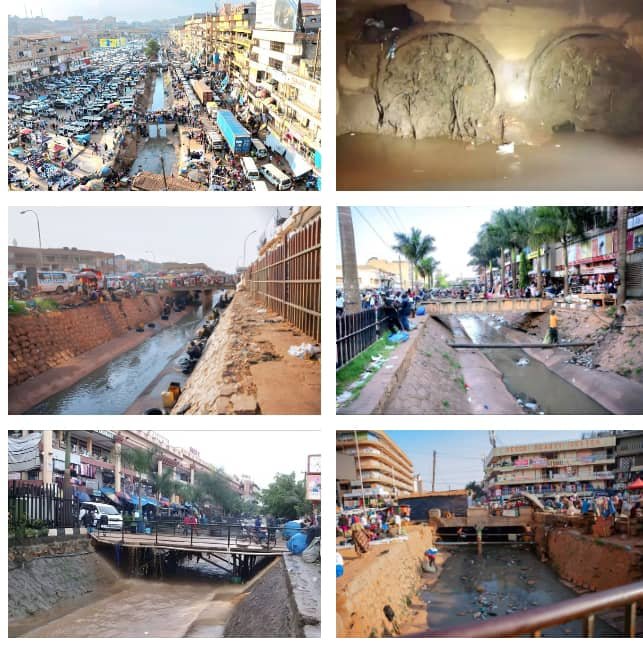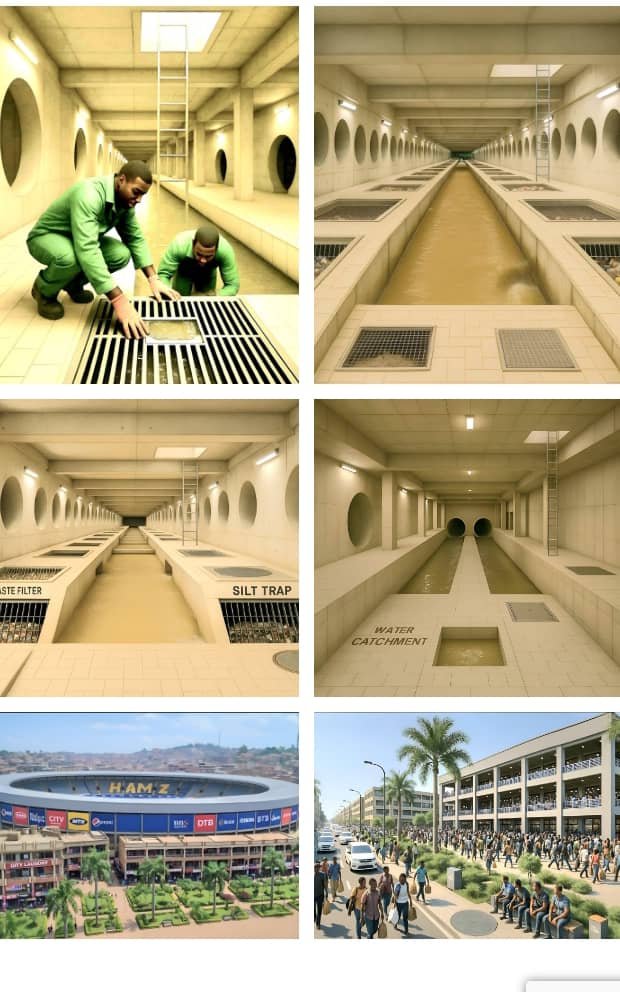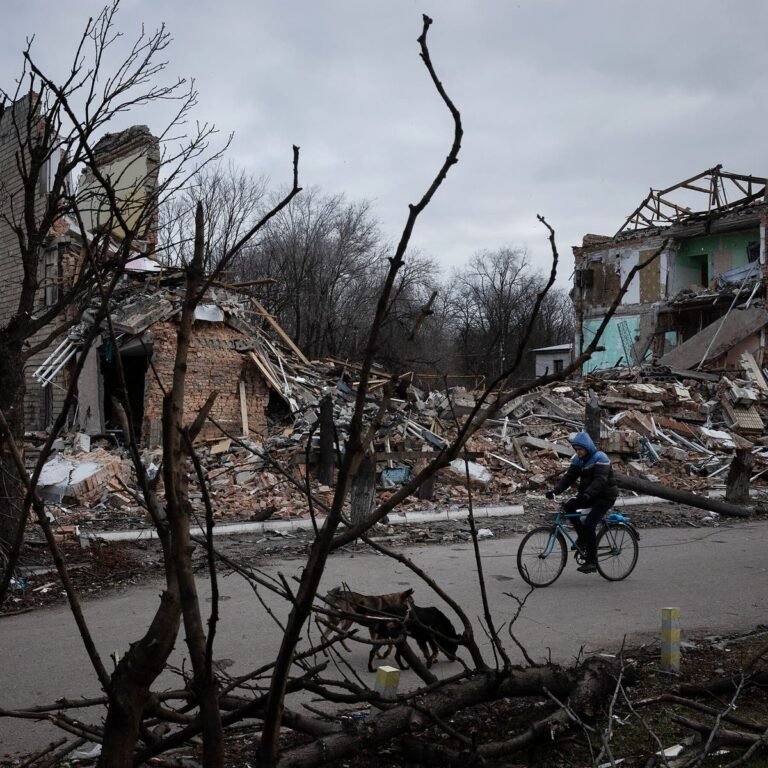
Nakivubo Drainage Channel Set for Major Redevelopment Ahead of AFCON 2027
Kampala, Uganda – Once a notorious eyesore and public health hazard, Kampala’s Nakivubo Drainage Channel is now at the center of a landmark urban renewal project aimed at transforming the city’s landscape ahead of Uganda’s hosting of the 2027 Africa Cup of Nations (AFCON).

For decades, the wide-open trench that cuts through the city center has been synonymous with flooding, pollution, insecurity, and tragedy. During heavy rains, the channel overflows, crippling business in downtown Kampala as traders lose merchandise and streets become impassable. Worse still, the open trench has been linked to over 100 accidental deaths in recent years, while also serving as a hideout for petty criminals.

From Hazard to Opportunity
The Confederation of African Football (CAF), during its recent inspection of Uganda’s AFCON facilities, praised the newly redeveloped Hamz Stadium but issued a stern warning: the Nakivubo Channel must be covered and modernized if the city is to meet international standards for hosting Africa’s biggest football tournament.
Government, city authorities, and private developers have since rallied around the project, describing it as not only a sports-related requirement but a national priority.
A New Vision for Nakivubo
The redevelopment plan envisions a complete transformation of the channel from an open sewer into a clean, functional, and people-friendly urban ecosystem. Features of the project include:
Green public spaces and recreational walkways
Pedestrian-friendly routes with rest areas
Underground flood control chambers
Solid waste filtration and recycling systems
Water catchment facilities and garbage collection points

When complete, Nakivubo will no longer stand as Kampala’s “open wound” but as a model of smart city design – protecting lives, supporting livelihoods, and enhancing the capital’s image.
Beyond Infrastructure: A Lesson in Self-Reliance
Analysts say the project carries a deeper national message. For too long, Uganda has depended heavily on foreign donors for major development projects. Nakivubo’s redevelopment, largely driven by local investors and institutions, shows that Ugandans can mobilize resources and deliver transformative change without waiting for external aid.
“This is about reclaiming our dignity as a modern city and showing that development can be homegrown,” one city planner observed.
Transforming Kampala, Inspiring Uganda
As Uganda prepares to welcome Africa in 2027, Nakivubo’s transformation is expected to send a powerful signal that Kampala is ready for the future – not just in sports but in urban modernization.
What was once a symbol of neglect will soon stand as a landmark of renewal, demonstrating the impact of vision, unity, and action. For Kampala’s residents, it will mean safety, dignity, and opportunity. For Uganda, it will mean another step toward becoming the modern nation its people aspire to.







